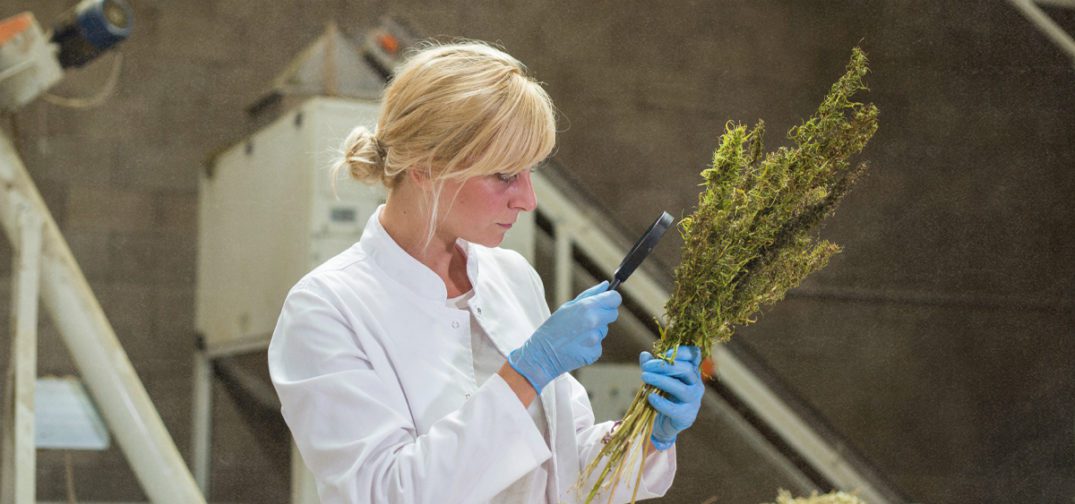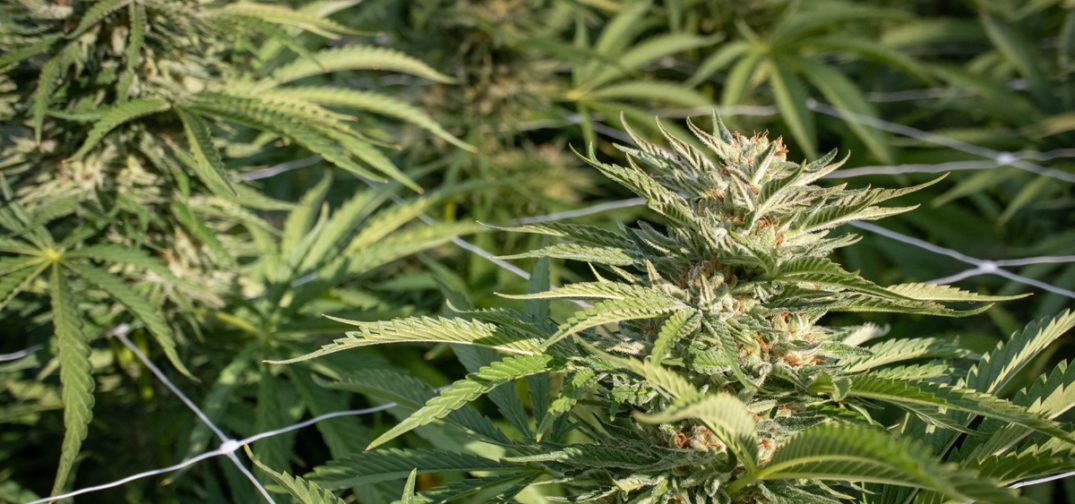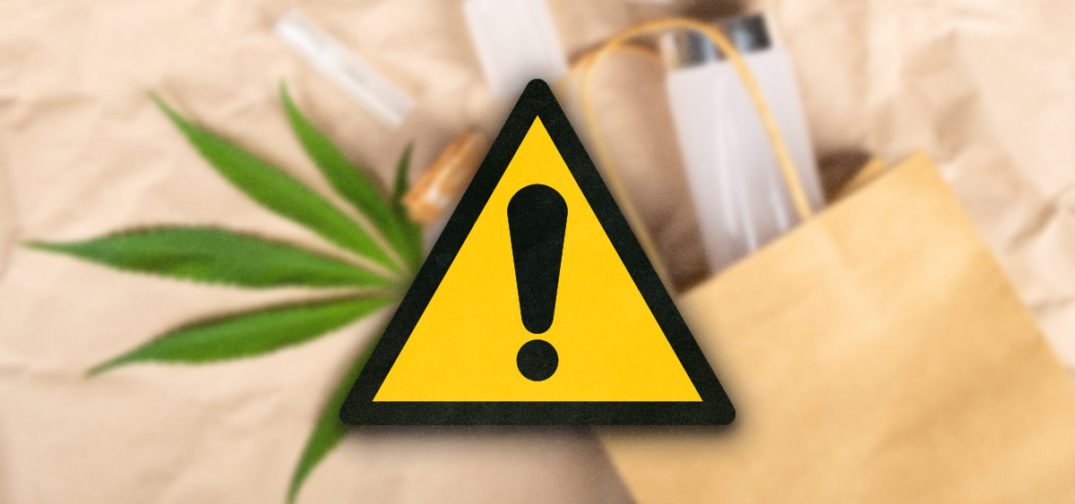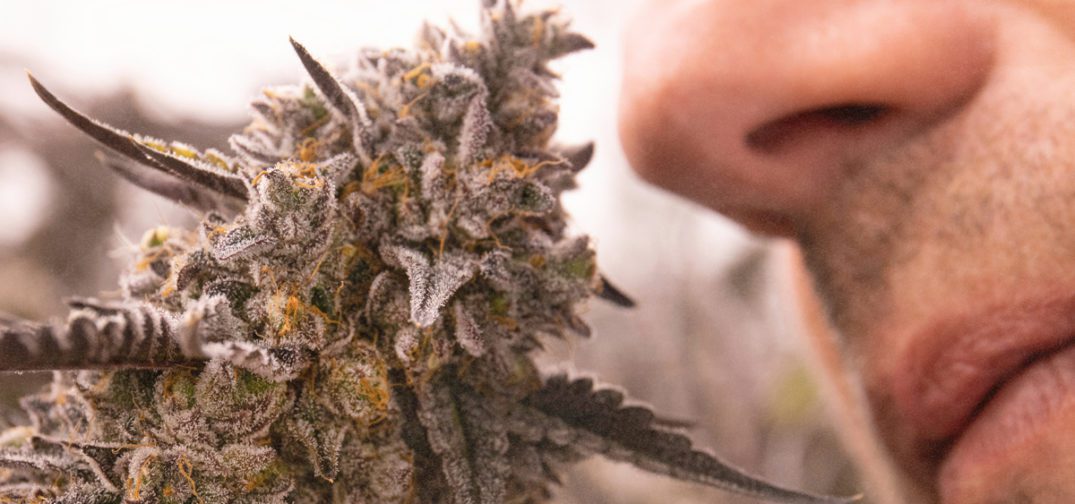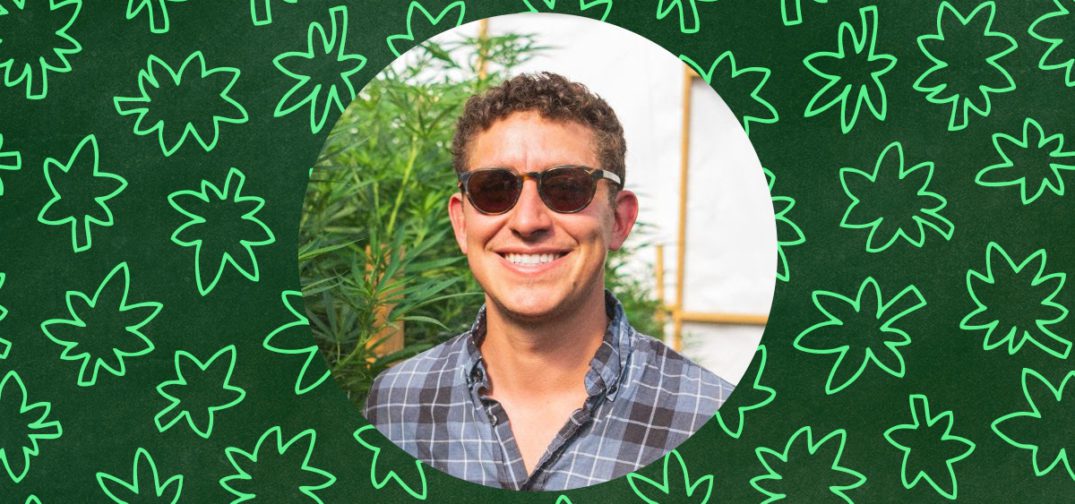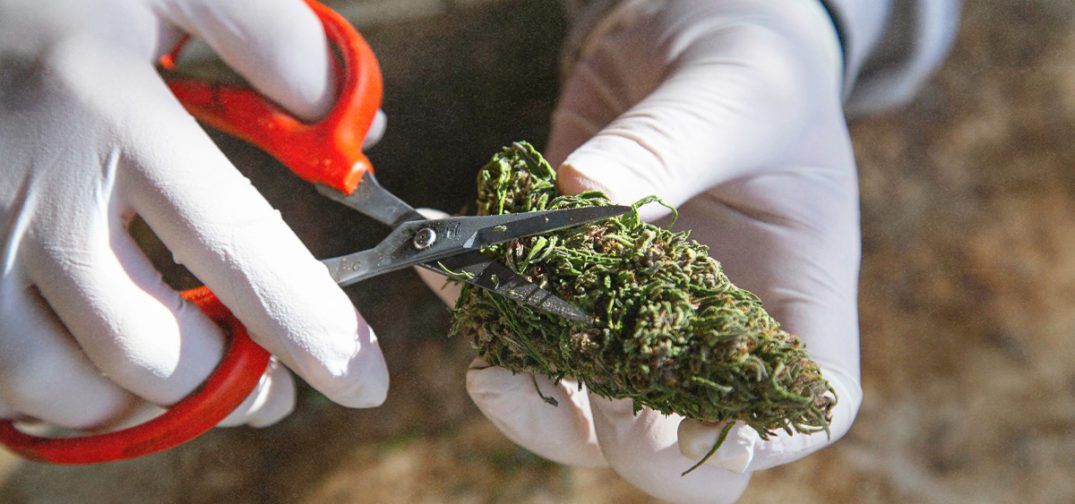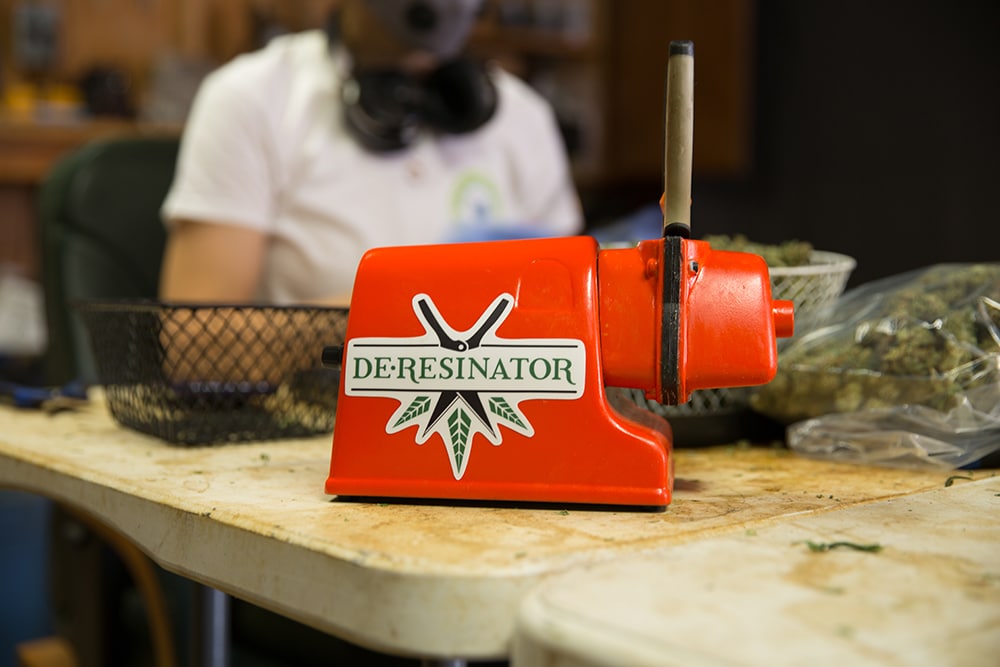Nashville, Tennessee, Monday, June 20th, 2022 – Big Plan Holdings Legacy Partners (BPH-LP), a subsidiary of Nashville, Tennessee-based Big Plan Holdings (BPH), is pleased to announce the acquisition of a strategically significant property located in Franklin, New Jersey, expanding their reach and that of Ascend Wellness Holdings (AWH), one of the nation’s largest multistate operating (‘MSO’) cannabis companies, in the process.
The acquisition has been appropriately timed to further embolden the New Jersey cannabis marketplace, which, since recent deregulatory measures were implemented, has begun to flourish Statewide.
Big Plan Holdings oversees an elite portfolio comprised of real estate holdings, cannabis businesses under management, a technology-powered management company, an intellectual property (IP) holding organization, in addition to hosting sub-divisions in hospitality, fashion, music and the entertainment industry. This latest acquisition and tactical investment into the cannabis arena bolsters the legacy and present footprint of Big Plan Holdings in the cannabis industry and in Executive Leaderships’ leading roles as investors, advisors and industry stewards.
BPH Co-Founder and CEO, Josh Joseph, formerly one of the founders of Grassroots Cannabis, which later sold to Curaleaf in 2020 (with an estimated company exit in excess of $875 million), then the largest privately-held cannabis company in the country, stated that, “We were pleased to witness the pragmatic transition of the State of New Jersey from historically providing a medical-use only cannabis program to today allowing for adult-use and recreational cannabis sales, in doing so forecasting exponential market growth. Make no mistake – This is a model replicable State to State, and the country over. We are privileged to continue to work alongside both the public and private sector, in this case Ascend Wellness Holdings, in growing our brand’s reach and their presence in the Franklin cosmopolitan area through this mission critical property acquisition.”
Just over one month into existence, New Jersey’s recreational marijuana market has seen over $24 million in sales. In step with this meteoric growth, the latest property acquisition secured by Big Plan Holdings will form a critical component of AWH’s 200,000 square feet of cultivation and processing operations in the Franklin region.
Concurrent to the New Jersey acquisition, Big Plan Holdings subsidiary BPH Legacy Partners’ nationwide interests and areas of focus include however are not limited to real estate and real estate financing, the securement of cannabis licenses as an operator, serving as an applicant for new operating businesses while offering a safe space for investments for minorities, women and all within the social equity and diversity, equity and inclusion (DEI) arena, both plant touching and non-plant touching. The company’s current State on State investments include Illinois, Michigan, New Jersey, Pennsylvania, Ohio, Maine and Florida, with future investment considerations underway in Georgia, New Mexico and indeed across the United States.
About Big Plan Holdings
Big Plan Holdings (BPH) BPH is a Nashville, Tennessee based family-office with diversified investments in cannabis, real estate, music, entertainment, and hospitality, among myriad strategic investments across the United States. BPH also hosts a philanthropic family foundation, The Joseph Family Foundation, with several different touch points of thematic, statewide, national, and global focus.
About Big Plan Holdings (BPH) Legacy Partners
Big Plan Holdings Legacy Partners (BPH-LP) is a cannabis portfolio company comprised of real estate holdings, cannabis businesses under management, a technology-powered management company and an intellectual property (IP) holding company.
BPH-LP is owned and operated by a seasoned and diverse management team committed to building highly efficient cannabis companies in meaningful partnerships with qualified social equity groups across the U.S.
BPH-LP operates by combining unique hands-on cannabis expertise, talent, technology, capital, and real estate experience in each of its ventures. The BPH-LP objective is to enable each company under management to thrive and economically scale. While each venture is unique, the company’s commitment to succeed remains the same.

